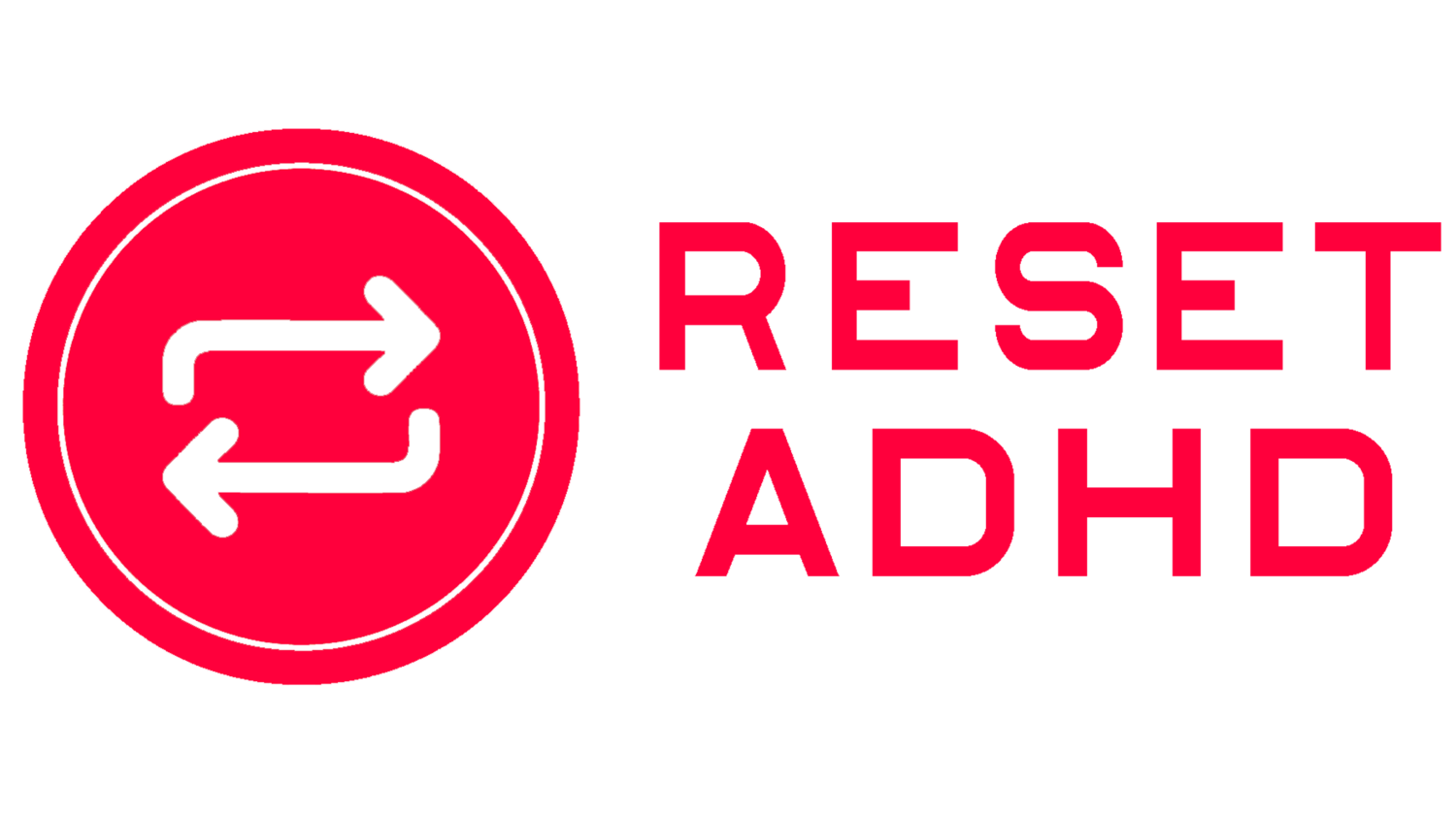Am I Overwhelmed?
The other day, I told my coach that I was overwhelmed with all the things I wanted to do. He got curious about what I was feeling and started exploring. Through his questions and observations, I came to realize I was not overwhelmed. I was just looking at things incorrectly. I needed to reframe how I was looking at all of the projects I have on my plate right now.
This conversation has made me think that we use the word “overwhelm” too flippantly. (And, yes, I am guilty of this as well.) At the very least, it is not helpful to say, “I’m overwhelmed.” Like I learned through my conversation with my coach, labeling yourself as overwhelmed is the wrong mentality.
Victim Mentality
We can use how we feel as an excuse. When we say “I can’t do anything because of overwhelm,” overwhelm becomes an excuse. In that situation, we allow it to make us a victim. Granted, some events in life do victimize us. However, we ought not allow “victim” to become our identity. By getting down about all of the things we have to do and the stress it brings, we grab onto overwhelm and label ourselves in a debilitating way. I have argued that ADHD is not a negative label. However, labeling yourself as overwhelmed is a negative label. It does not help you move forward. It gives you an excuse to not do anything. How can you look at how you are feeling and make a useful observation that moves you forward?
Telling Stories and Believing Them
My coach says (and I’m not sure if that is an original saying of his or if he stole it from someone) that what separates humans from other animals is that we are the only animals who tell stories about our lives and then live by those stories. An example of this can be found in the 2016 graphic novel Dark Night: A True Batman Story, written by Paul Dini.
In the graphic novel, Dini describes the true story of how he was mugged and the toll that took on his mental health. For most of the story, Dini is down, depressed, and scared. He sees himself as a victim of a mugging, and he lives in fear. He made “victim” his identity, and that left him stuck in fear. It wasn’t until he let go of the stories he was telling himself about being a victim that he was able to move forward with his life.
At the end of the graphic novel, Dini says, “we can accept being a victim or choose to be the hero of our own stories.” That is how we ought to label ourselves when we feel what we would ordinarily call overwhelm. We can label ourselves as strong, someone who can overcome our challenges. Just as Paul Dini refuses to accept being a victim, we, too, ought to choose to be the hero of our own stories. So, the question is: How can you be the hero of your story?
But Wait…Overwhelm Is a Thing
I am not saying that overwhelm is not a thing. It is a real thing. Those with sensory issues definitely get overwhelmed. Other people can become so bombarded by what is going on around them that they involuntarily shut down. This involuntary shut down is not what I discussed above. What I am talking about is willingly choosing to call yourself overwhelmed and just giving up. That is not useful. Yes, feeling stressed by all of the tasks on your to-do makes it harder to get stuff done, but it is not impossible to be productive in that state. One way to overcome that high level of stress is to label yourself as a hero, not a victim.
